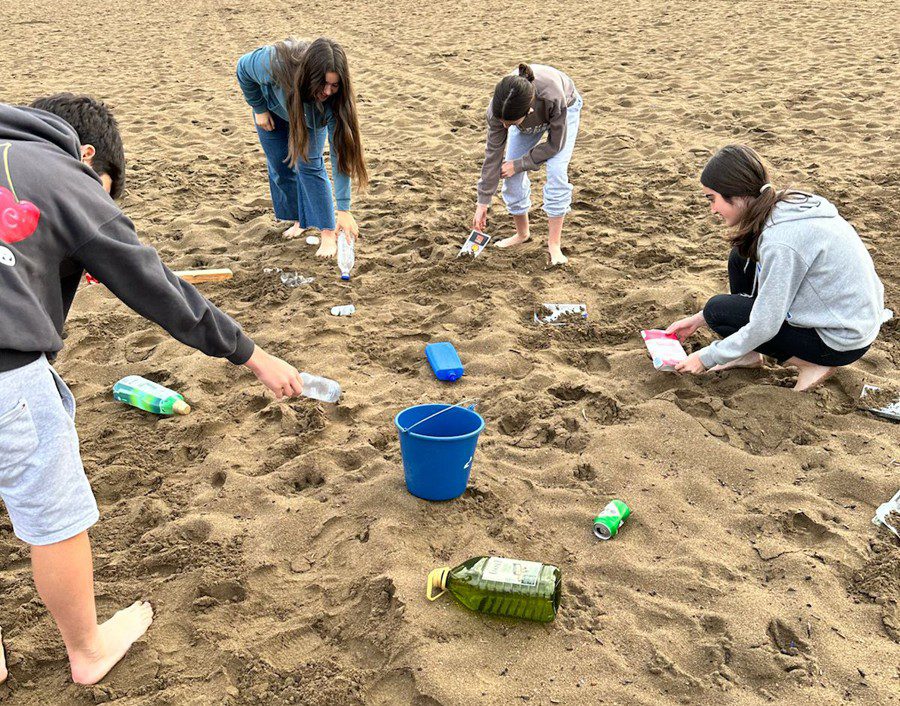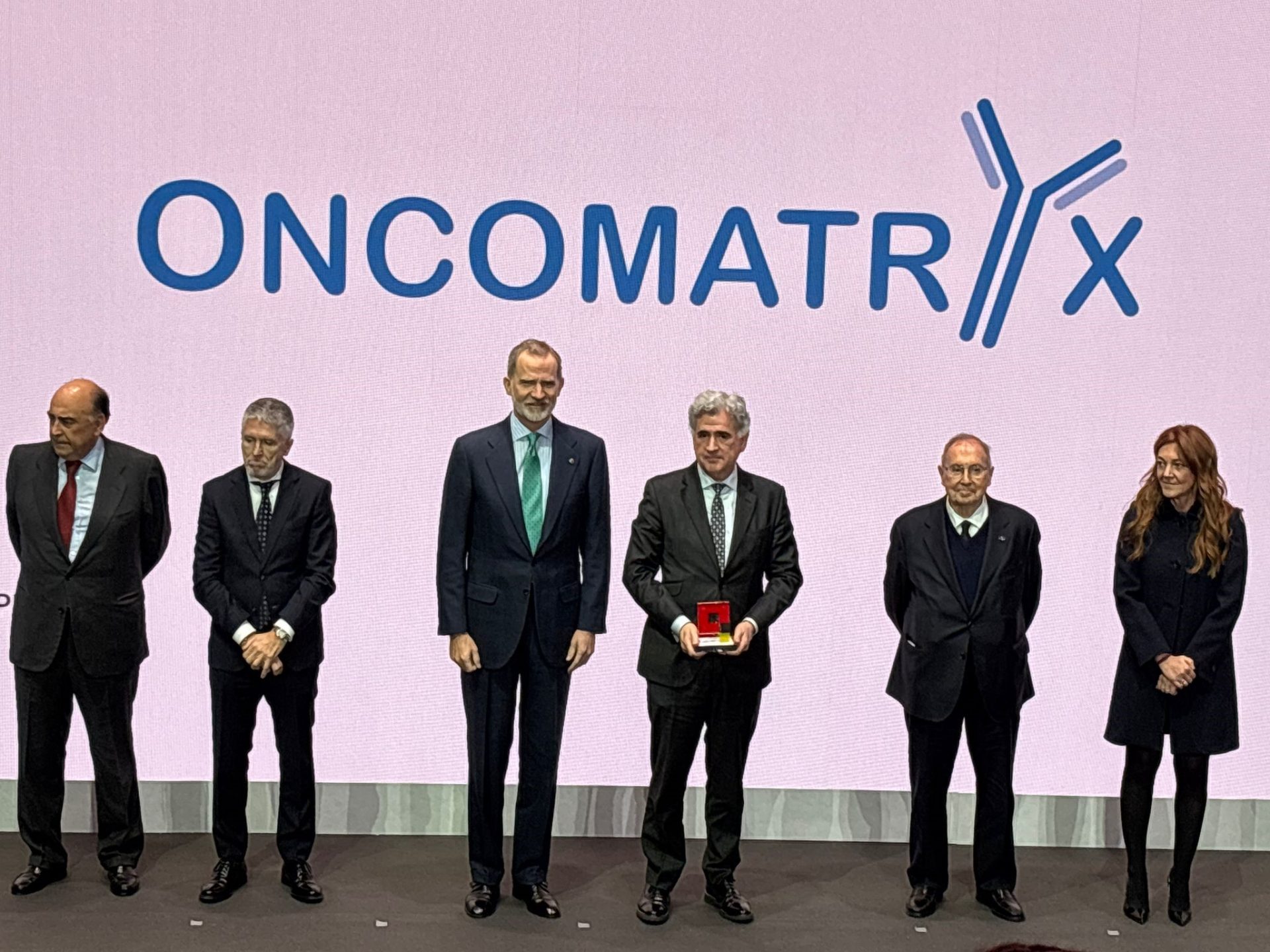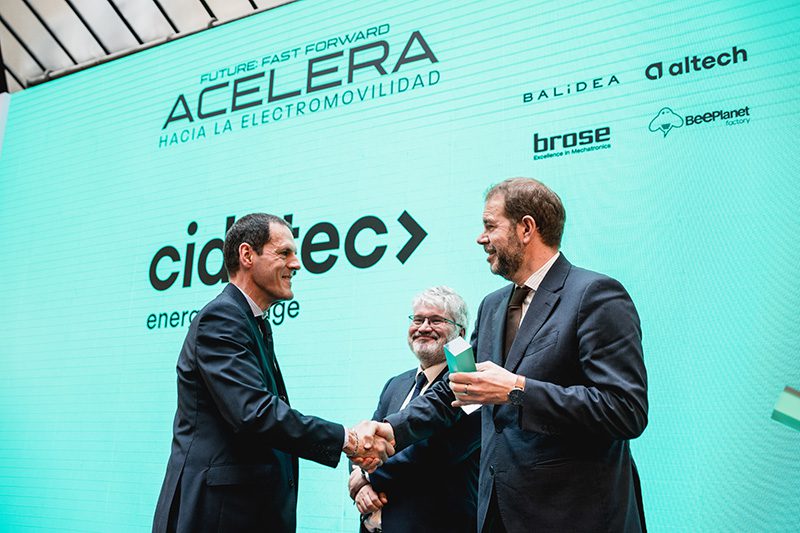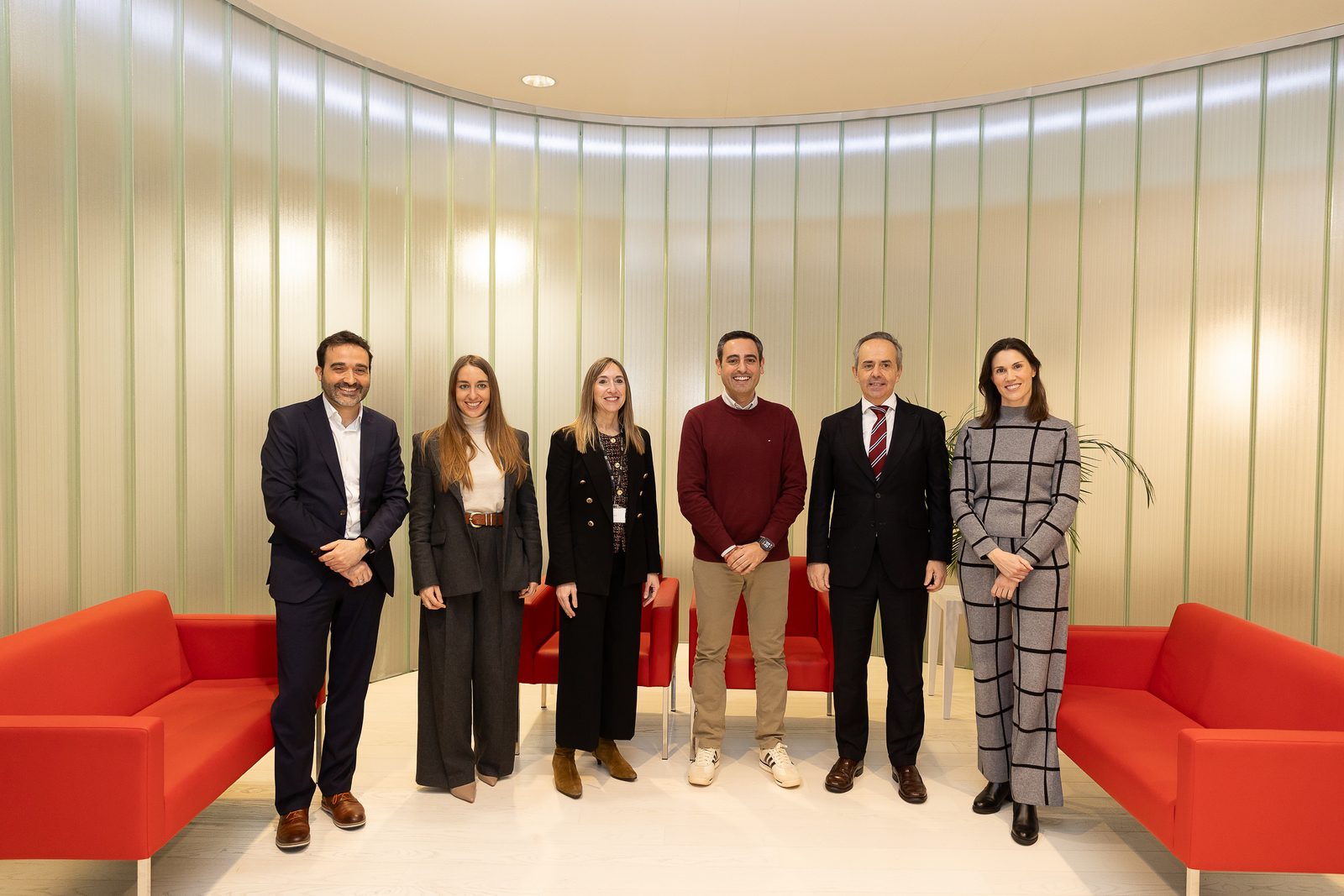TECNALIA and UNESCO launch a platform for the recovery of historic areas vulnerable to climate change
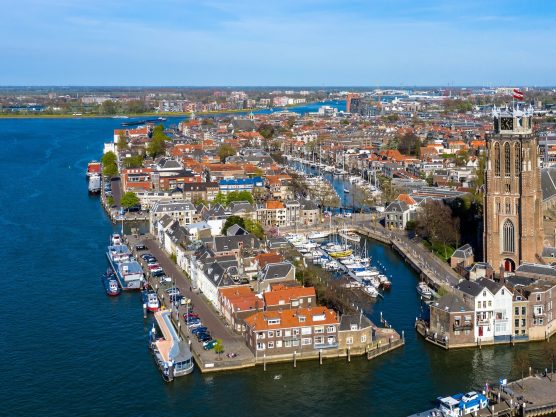
It is a system that incorporates a catalogue of solutions to improve resilience in historic and cultural areas at risk and is already being implemented in pilot areas in Italy, Turkey, the Netherlands, Southeast Europe and Galicia.
 In recent decades, cultural and natural heritage has been affected by the increasing consequences of climate change, posing new challenges for the actors responsible for its conservation. Moreover, risk events, such as heat waves, floods, fires or storms, vary in different regions of Europe.
In recent decades, cultural and natural heritage has been affected by the increasing consequences of climate change, posing new challenges for the actors responsible for its conservation. Moreover, risk events, such as heat waves, floods, fires or storms, vary in different regions of Europe.
To connect the scientific community and heritage managers and share best practices to promote safe reconstruction in historical, cultural and natural areas, the research and technological development centre TECNALIA, with the support of the United Nations Educational, Scientific and Cultural Organisation, UNESCO, has launched a platform for the recovery of areas vulnerable to climate change. It is a system that incorporates a catalogue of solutions to improve resilience in historical and cultural areas at risk through self-diagnosis and monitoring tools for decision-making. The University of the Basque Country (UPV/EHU) and the Basque company EGIS have also worked closely on the development of this system.
The platform is aimed at local authorities, urban planners, conservation professionals, first responders such as firefighters, medical staff or police, cultural heritage owners and managers, and the objective is to provide them with the tools to guide historic areas in the transformation towards a more resilient, circular, smart and inclusive historic environment by taking advantage of the opportunity provided by awareness, adaptation and hazard preparedness.
European Learning Network
This system, which is part of a European initiative, is being applied in different areas to address major climate and environmental challenges in Europe: Ravenna (Italy), Seferihisar (Turkey), Dordrecht (The Netherlands), Sava River Basin (South East Europe) and the Baixa Limia-Serra do Xurés Natural Park (Galicia). All case studies are connected through a learning network that will facilitate a continuous exchange of knowledge, experiences and good management practices and access to the best learning processes.
